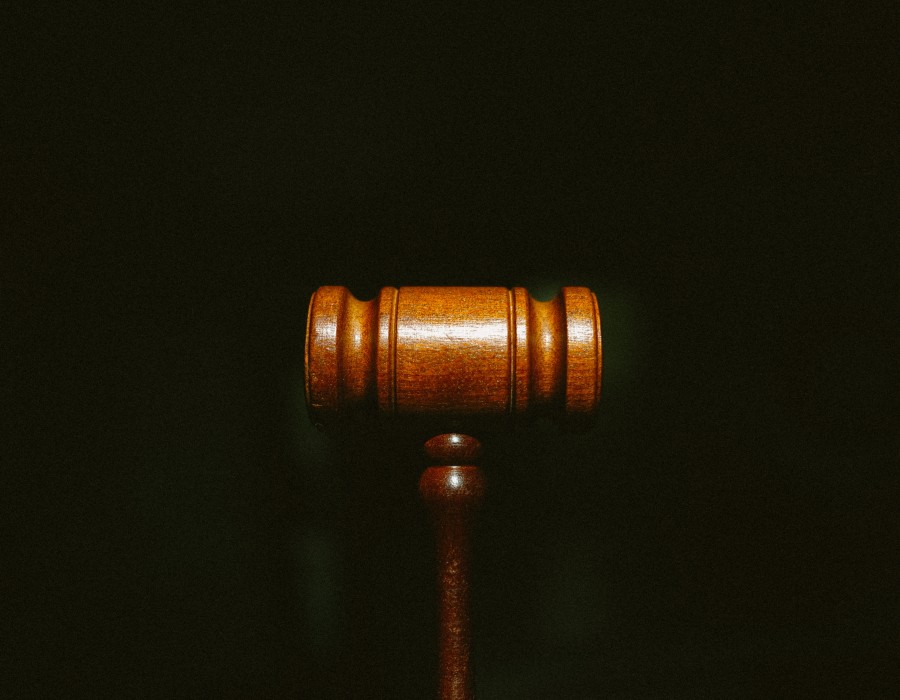Adultery can significantly impact divorce proceedings, especially in New York, where it's considered grounds for divorce. In some cases, proving adultery may be necessary to establish fault or seek favorable terms in the divorce settlement. Let's explore the tools and techniques used in adultery investigations in New York Divorce Law Adultery.
One of the primary challenges in adultery investigations is gathering evidence that meets the legal standards required by New York courts. While suspicions or allegations of adultery may exist, concrete proof is essential for a successful case. In New York, evidence of adultery typically includes witness testimony, surveillance footage, phone records, emails, text messages, credit card statements, and hotel receipts.
Surveillance is a common technique used in adultery investigations. Private investigators may discreetly monitor the suspected spouse's activities, documenting any interactions with a third party that could indicate an extramarital affair. Surveillance may involve physical observation, as well as the use of GPS tracking devices or other technological means to track the suspected spouse's movements.
Another valuable tool in adultery investigations is digital forensics. With the prevalence of smartphones, social media, and email communication, electronic evidence can provide valuable insights into a spouse's activities and interactions. Digital forensic experts can analyze electronic devices and online accounts to uncover evidence of infidelity, such as incriminating messages, photos, or location data.
In addition to surveillance and digital forensics, witness testimony can play a crucial role in adultery investigations. Witnesses who have observed the suspected spouse engaging in adulterous behavior may provide valuable testimony to corroborate allegations of infidelity. However, it's essential to ensure that witness testimony is credible and reliable, as courts may scrutinize the credibility of witnesses during divorce proceedings.
Financial records can also be instrumental in adultery investigations, especially if they reveal suspicious transactions or expenditures consistent with an extramarital affair. Credit card statements, bank records, and receipts for gifts, dinners, or hotel stays can provide compelling evidence of adultery, particularly when combined with other corroborating evidence.
It's important to note that adultery investigations must be conducted lawfully and ethically, adhering to all applicable laws and regulations governing privacy and surveillance. Hiring a reputable private investigator or consulting with legal professionals experienced in adultery cases can help ensure that investigations are conducted properly and that evidence is obtained legally.
In conclusion, adultery investigations play a significant role in many New York divorce cases, especially when adultery is cited as grounds for divorce or when proving fault is necessary to achieve favorable terms in the divorce settlement. Tools and techniques such as surveillance, digital forensics, witness testimony, and financial records can be invaluable in gathering evidence of adultery. However, it's essential to conduct investigations lawfully and ethically, ensuring that all evidence is obtained legally and adheres to applicable privacy laws.





Comments